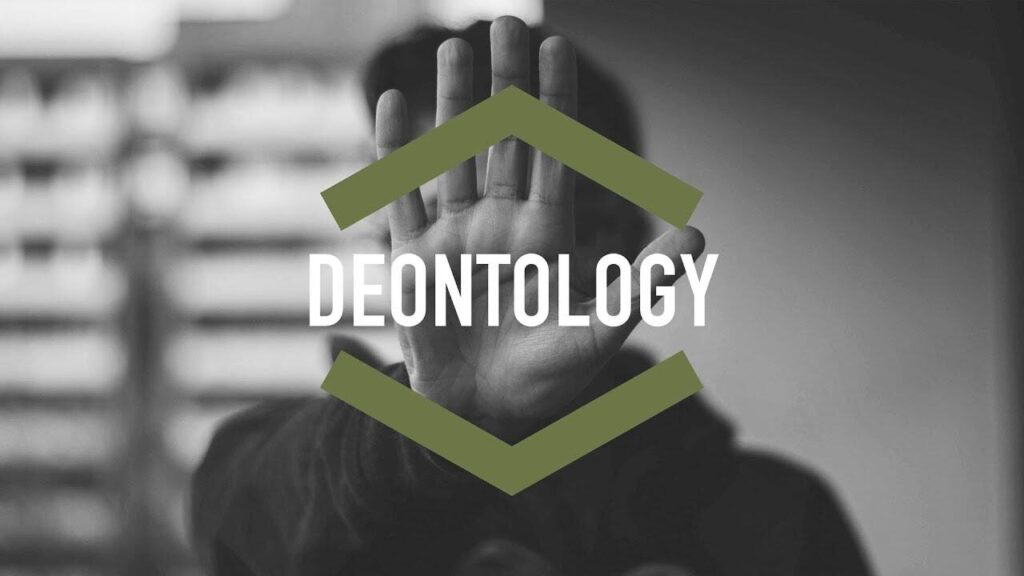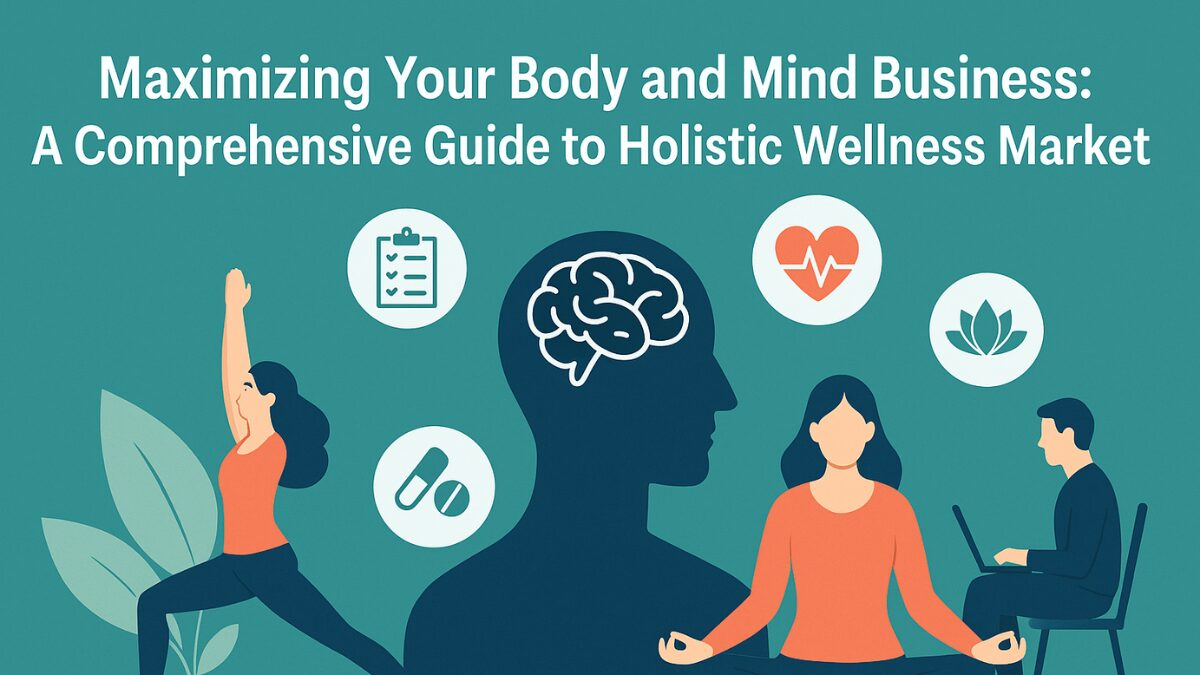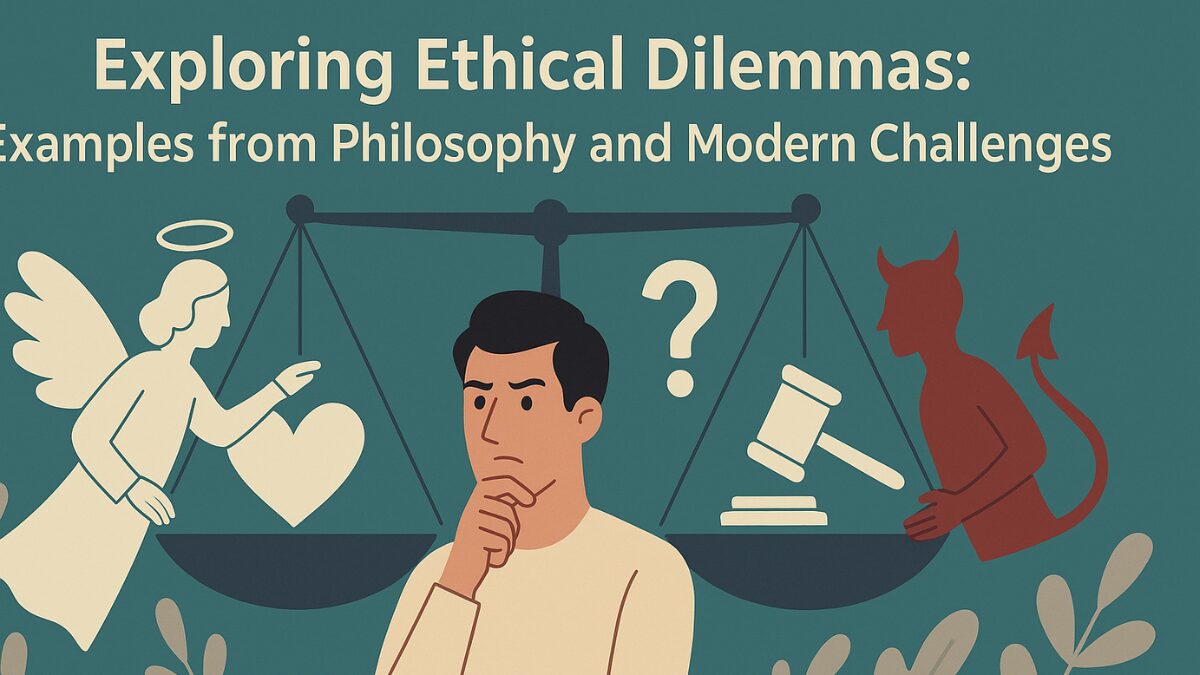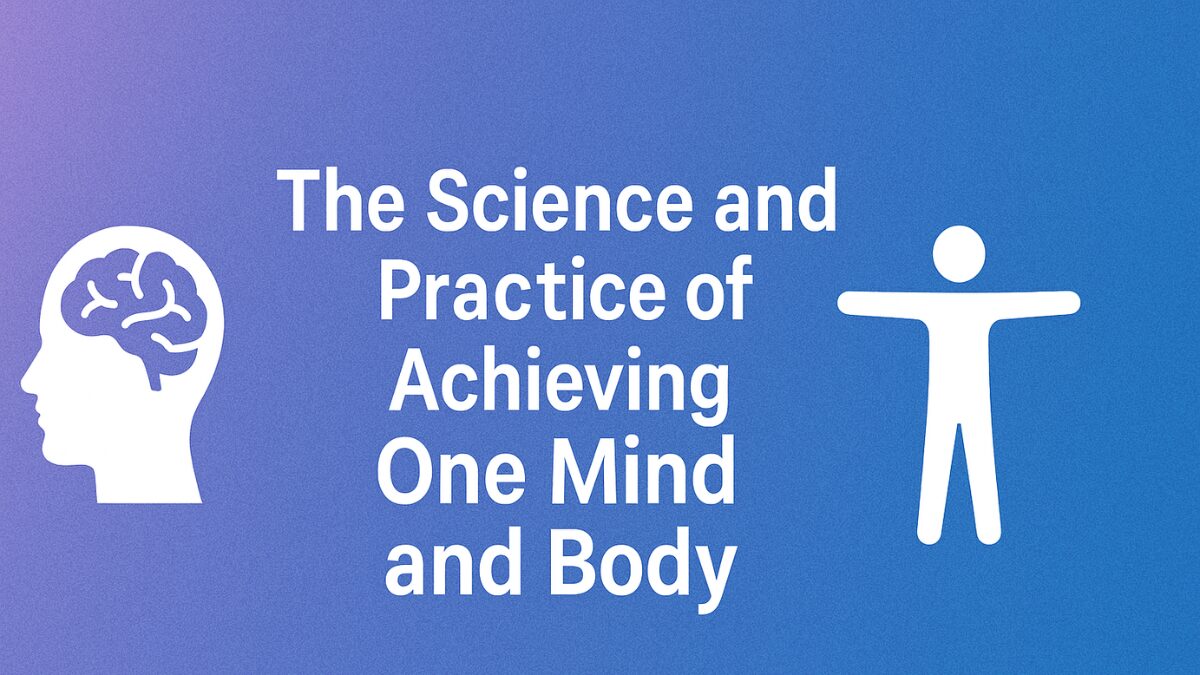Explore key philosophical ethical theories—from Utilitarianism to The Ethics of Care. Learn how each shapes our moral decisions through examples, comparisons, and real-life applications.
Introduction
Ethics plays a fundamental role in shaping human behavior, decision-making, and societal norms. Philosophical ethical theories: from Utilitarianism to The Ethics of Care offer structured frameworks that help individuals and societies determine what is morally right or wrong. These theories are not just academic concepts; they influence laws, medical decisions, public policy, and even everyday choices.
In this article, we’ll explore the spectrum of philosophical ethical theories—from classical models like Utilitarianism and Deontology, to modern interpretations like Virtue Ethics and The Ethics of Care. Each theory provides a unique perspective on morality and responsibility, helping us to understand human values from multiple angles.
What Are Ethical Theories?
Ethical theories are systematic frameworks that guide our judgments about what actions are right or wrong. They are deeply rooted in philosophy and aim to answer fundamental moral questions. These theories help differentiate between justifiable and unjustifiable actions and offer practical guidance in complex moral situations.

There are three main branches of ethical theory:
- Consequentialism – Outcomes determine the morality of actions.
- Deontology – Actions themselves are intrinsically right or wrong, regardless of consequences.
- Virtue Ethics – Focuses on moral character and virtues rather than rules or results.
Let’s examine each of these in detail.
Utilitarianism – The Principle of the Greater Good
Utilitarianism, founded by Jeremy Bentham and later expanded by John Stuart Mill, is a consequentialist theory. It argues that the best moral action is the one that maximizes happiness or utility.
Key Principles of Utilitarianism
- Greatest Happiness Principle: Actions are right if they promote the greatest happiness for the greatest number.
- Impartiality: Everyone’s happiness counts equally.
- Utility Calculation: The outcome of an action should be measured by the amount of pleasure or pain it produces.
Real-World Application
Utilitarianism is often applied in policy-making, where decisions such as healthcare resource allocation or environmental regulation must weigh benefits against harm for the majority.
Deontology – Duty-Based Ethics
Deontology, largely associated with Immanuel Kant, is a non-consequentialist theory. It emphasizes that some actions are morally required, forbidden, or permissible regardless of their consequences.

Central Tenets
- Moral Duties: Individuals have a duty to follow moral rules (e.g., telling the truth).
- Categorical Imperative: Act only according to a maxim that you would want to become a universal law.
- Respect for Persons: Individuals should never be treated merely as means to an end.
Application in Modern Contexts
Deontological ethics are frequently used in legal systems, medical ethics (such as informed consent), and human rights laws, where the focus is on respecting the intrinsic rights of individuals.
Virtue Ethics – Character Over Consequences
Virtue Ethics, introduced by Aristotle, shifts the focus from rules or outcomes to the character of the moral agent.
Key Concepts
- Eudaimonia: Often translated as “flourishing” or “well-being.”
- Virtues: Moral excellence (e.g., courage, temperance, wisdom) cultivated through habit and practice.
- Moral Exemplars: Learning ethics by emulating virtuous people.
Use in Contemporary Life
Virtue ethics is valuable in personal development, leadership, and education, emphasizing the development of moral habits rather than strict adherence to rules.
The Ethics of Care – A Relational Approach
Emerging in the late 20th century, The Ethics of Care is a feminist ethical perspective that challenges the universality of traditional theories like utilitarianism and deontology. Carol Gilligan and Nel Noddings are two key figures in this theory.
Fundamental Ideas
- Relational Autonomy: People are fundamentally interconnected.
- Context Matters: Ethical decisions depend on relationships and the specific context.
- Emotions and Empathy: Caring and emotional responsiveness are moral strengths, not weaknesses.
Practical Examples
This approach is often applied in caregiving professions—nursing, social work, education—where empathy, trust, and sustained relationships are essential.
Comparison of Ethical Theories
To better understand how each theory stands out, here’s a comparative table:
| Theory | Focus | Key Philosophers | Strengths | Weaknesses |
|---|---|---|---|---|
| Utilitarianism | Outcomes/Consequences | Bentham, Mill | Objective measurement of good | May ignore individual rights |
| Deontology | Duties/Rules | Kant | Respects human dignity | Rigid, doesn’t consider consequences |
| Virtue Ethics | Moral Character | Aristotle | Encourages personal growth | Lacks clear action-guidance |
| Ethics of Care | Relationships & Empathy | Gilligan, Noddings | Context-sensitive, emotionally intelligent | May appear subjective or inconsistent |
Philosophical Ethical Theories in Real Life
These theories are not confined to classrooms or books; they actively shape our world:

- In law: Deontological principles guide the foundation of justice and equality.
- In public health: Utilitarian models assess the cost-effectiveness of treatments.
- In leadership: Virtue ethics influences the development of ethical leaders.
- In caregiving: The ethics of care champions compassion over cold logic.
Understanding philosophical ethical theories: from Utilitarianism to The Ethics of Care allows us to view moral questions with greater depth and make better-informed decisions in every aspect of life.
Why Learning Ethical Theories Matters
Ethical theories offer more than abstract thought—they train us to reason about moral problems, analyze dilemmas with clarity, and justify our actions. They are essential tools in areas such as:
- Bioethics
- Business Ethics
- Environmental Policy
- Artificial Intelligence Ethics
When we integrate these diverse approaches, we develop a more comprehensive ethical compass—one that balances rules, outcomes, character, and care.
FAQs About Philosophical Ethical Theories
- What is the main goal of ethical theories?
Ethical theories aim to provide a systematic framework to evaluate what is morally right or wrong in a consistent and justifiable way. - Can ethical theories overlap in practice?
Yes, in many real-world situations, elements of multiple ethical theories may be used to make balanced decisions. - Is Utilitarianism always about happiness?
While traditionally about happiness or pleasure, modern utilitarianism can also focus on preferences, well-being, or other values. - Why is Kant’s Deontology criticized?
Critics argue it’s too rigid, ignoring consequences even when they may be morally significant. - Are emotions relevant in ethical decisions?
According to The Ethics of Care, emotions like empathy and compassion are central to ethical behavior. - Do cultural differences affect ethical theory application?
Absolutely. Contextual theories like The Ethics of Care emphasize how cultural norms influence moral reasoning. - Can virtue ethics apply in business settings?
Yes, promoting virtues like integrity, honesty, and accountability is crucial in ethical business leadership. - How does The Ethics of Care differ from traditional theories?
It focuses more on relationships and emotional responses than on universal rules or outcomes. - Is one ethical theory superior to others?
No single theory is universally superior. Each has strengths and limitations depending on the context. - How can I apply these theories in daily life?
Start by reflecting on your values, relationships, and the consequences of your actions. Then match your decisions with the theory that best aligns with your ethical goals.
Conclusion
Philosophical ethical theories: from Utilitarianism to The Ethics of Care offer powerful lenses through which we can examine moral dilemmas and human behavior. While Utilitarianism highlights the importance of maximizing good, Deontology stresses duty, Virtue Ethics encourages moral character, and The Ethics of Care reminds us of the value of empathy and connection. Each theory adds depth and richness to our understanding of morality, offering tools we can use to navigate the complexities of modern life.
By learning these ethical frameworks, we become not only better thinkers but also more compassionate, responsible, and thoughtful individuals in an increasingly complex world.
also read: https://www.comfortglobalhealths.com/a-comprehensive-guide-to-ethical-theories-throughout-history/










